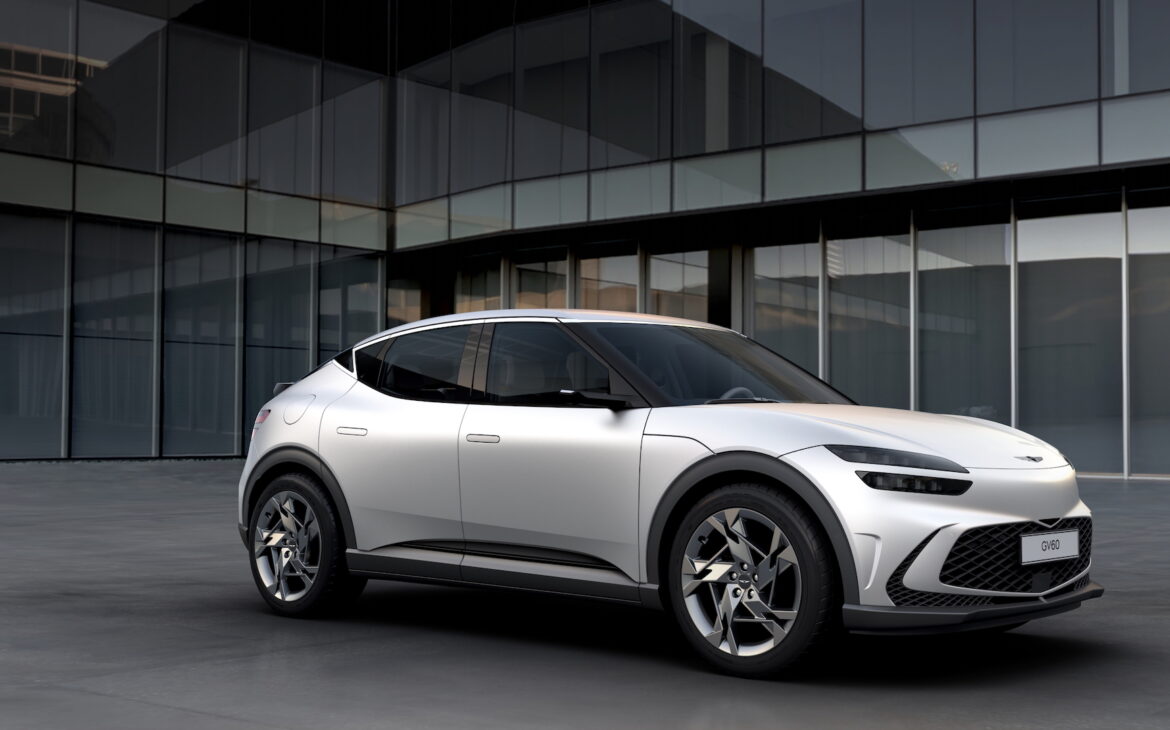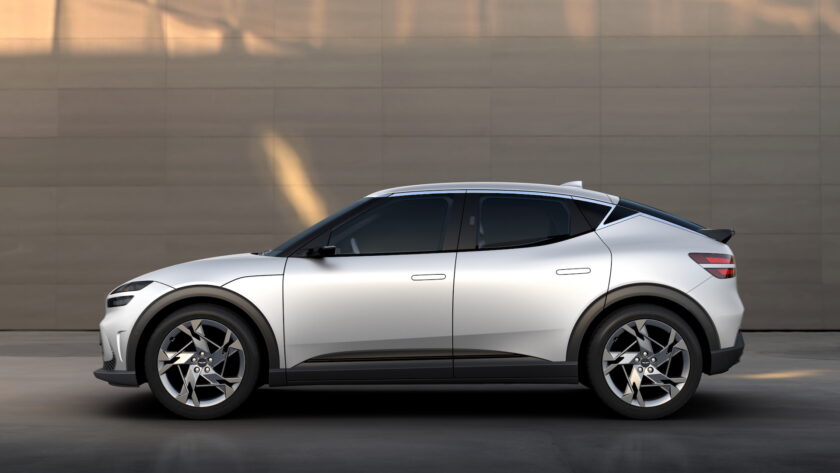Genesis, the luxury vehicle brand created by Hyundai, has made a commitment to switch to an entirely electric-powered lineup by 2030.
By 2025 all the new vehicles launched by Genesis will be EVs, and within a further five years – when the company expects to produce 400,000 vehicles a year – it will sell only electric options, promising eight body styles.
For Genesis, explained chief creative officer Luc Donckerwolke at a launch function this month, “design is brand, brand is design”.
“We integrate the sustainability of Genesis within its DNA.”
You can watch a recording of the launch here:
Just six years old, Genesis has been rapidly expanding internationally from its South Korean base, launching in Australia and Europe, among other markets. The company already stands out for its innovative approach to retailing: in the UK Genesis staff take demonstrators to potential customers to evaluate, rather than visit a showroom. Staff collect vehicles for servicing and return them at the customer’s convenience.
But now it is taking a bold step to stand out further: while most luxury car brands globally are committing to electric vehicle options, and Tesla launched with an EV-only lineup, Genesis is the first to commit to a complete transformation.
“Genesis has been on an intensive, bold and successful journey, successfully establishing itself as a truly global luxury brand,” said Euisun Chung, Hyundai Motor Group’s chairman. “Genesis is once again at the starting point of another audacious journey – the journey towards a sustainable future.”
The brand’s first EV, the GV60, was unveiled last month and is expected to go on sale before the end of this year.

To launch its power transformation, Genesis will adopt a dual electrification strategy involving fuel cells and battery EVs.
“Genesis will put an effort on developing pure electric technologies such as new fuel-cell systems with higher power output, and electric systems that help improve efficiency,” the company said in a statement.
“In addition, Genesis will devote itself to building next-generation technology that draws better performance and efficiency from lithium-ion batteries.”
The company has also committed to being carbon neutral by 2035 by working through its entire value chain, from raw materials, vehicles, and parts and extending to all of the company’s worksites and production plants. The first goal is to be a zero-emission vehicle brand by 2030.
Donckerwolke described the new electric lineup as “the perfect platform to increase our interface with our customers”.
Meanwhile, Reuters reports that Genesis’ parent Hyundai Motor Group plans to offer hydrogen fuel cell versions of all of its commercial vehicles by 2028 and will cut the price of fuel cell vehicles to the same level as battery electric vehicles in 2030.



